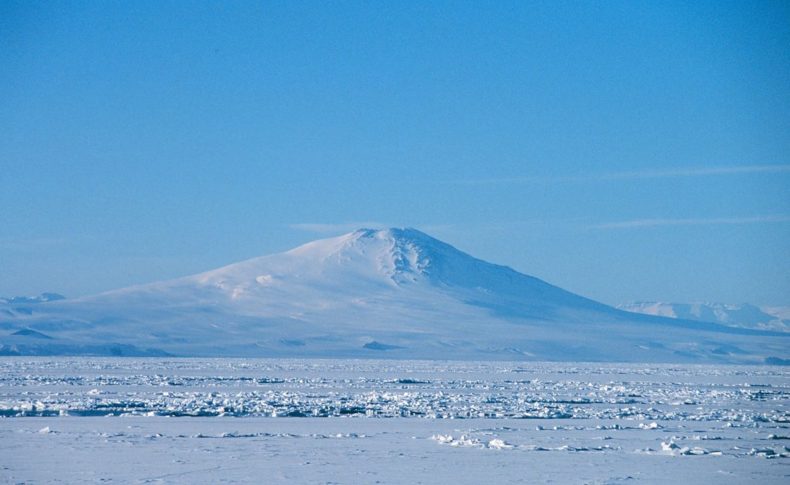
An unsung advantage of partnership is not having to be quite so on top of things all the time. Liberated from the relentless need to be competent, you can think more interesting thoughts. This post was originally written a few months into the pandemic, and my own thinking was so discombobulated I have very little memory of having written it. So today I read it as if for the first time, alongside you.
Ben Saunders is a British explorer who has led a dozen expeditions to both of the Earth’s poles, often lasting months at a stretch. As the largest nature reserve on the planet, with no exploitation of resources permitted—and with no national sovereignty over the place—Antarctica lends itself not only to utopian thinking but also to communion with unblemished nature. Or so one might think.
Those who go in wintertime speak of staggering out onto the ice in an extreme-weather suit just for the unobstructed starscape above. What a privilege to be among the few humans to stand here, the only place on Earth with almost no history, in the scheme of things.
As his first solo mission to the South Pole approached, Saunders anticipated having some profound realizations along the way—thoughts about the power of this place: its unique story, the significance of its existence and then meaning of it to his life. He imagined pulling his sled, alone in a world of white, and stopping to marvel at the vast expanse of snow and ice that seemed to evaporate on the horizon.
Instead, Saunders spent the whole eight weeks preoccupied with the daily necessities of Antarctic travel and survival. He was busy from the moment he woke up in his carefully-maintained tent to the moment he inspected his clothing for loose stitches. Every waking moment was intently focused on navigating, time keeping, melting snow for drinking water and cooking, and monitoring the weather for signs of danger.
It was a disappointment, in retrospect, for someone who, in his own words, “pulls a sledge for a living.” Deep thoughts are supposed to be one of the perks of a job that is otherwise comprised of equal parts grueling drudgery and mortal danger. It took years for Saunders to discover that those deeper thoughts do come to him in Antarctica—just not when he is traveling alone.
On a two-person trek he took over the space of more than three months, Saunders found the space for thinking. In the small town of Punta Arenas, Chile, often used as a base for excursions to the White Continent, he set his Out of Office email reply. ‘I will be out of the office until late February of next year,’ it read. ‘If you want to communicate with me, you cannot.’ The pair would only receive minimal communication from the outside world, and they had arranged with the trip’s facilitators only to hear about global goings-on if they explicitly asked for it.
Over the course of 108 days with one other person, he and his travel companion grew to trust each other completely, using radical honesty and frankness to settle any issues, struggling through exhaustion and frustration. That trust meant Saunders could let his mind wander during the 90-minute spells in which his partner had the responsibility for navigation. He could place his skis into his partner’s tracks and simply glide behind, taking in the stark beauty of his surroundings and reflecting on its meaning for him. Finally, when the burden of worry was lifted, presence could take hold.
One thought on “On the luxury of deep thinking”
Comments are closed.